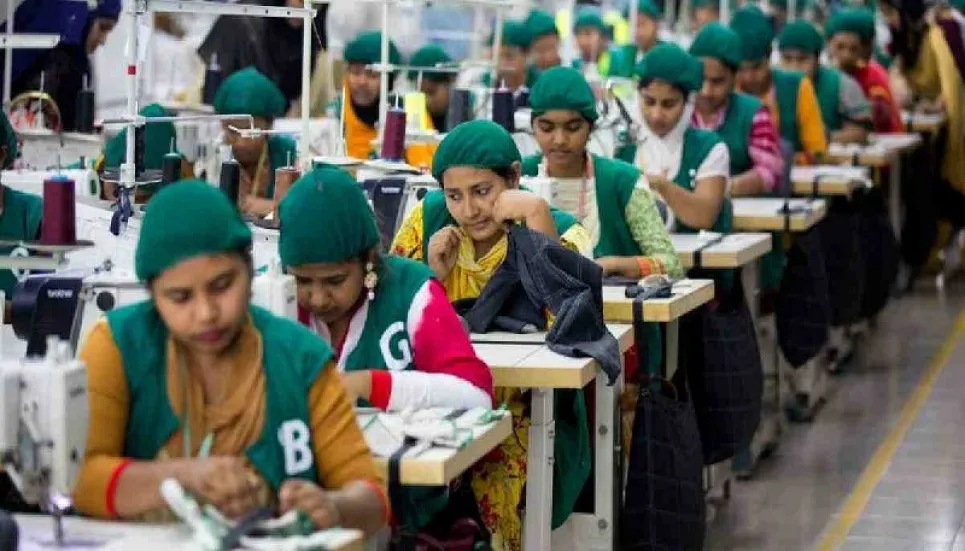
Mohammad Nahian
Workers in Bangladesh endured a 35 per cent pay cut during lockdown periods amid the pandemic which forced many factories and industries to shut, according to a new study.
The Institute of Human Rights and Business has conducted the study entitled, “The Weakest Link in the Global Supply Chain: how the pandemic is affecting Bangladesh's workers”. The report of the study was published though a virtual programme on Thursday.
IHRB conducted the study with the support of the UNDP Business and Human Rights in Asia and the UNDP Bangladesh Country Office.
According to the study, workers said they earned less, or their salaries were delayed during the lockdowns. Besides, many Bangladeshi factories supplying to international brands consolidated their business and some went under. The study also found that many thousands of workers lost jobs and depleted their savings without having a safety net to fall back on.
The study's authors say that academics, trade unions, and civil society groups have frequently criticised the structure of the RMG industry because of its inherent power imbalance. They also said that workers with low wages, often working in poor conditions, represented by unions which are weak or face restrictions.
“We all know the importance of the garment workers in our economy. For us workplace safety and workers’ safety is the first priority,” said Faruque Hassan, President, Bangladesh Garment Manufacturers and Exporters Association (BGMEA) in the virtual discussion.
“The government is working for the well-being of the workers. I humbly request everyone to cooperate with us,” said KM Abdus Salam, secretary of the Ministry of Labour and Employment.
The study recommended that the Bangladesh government should strengthen social protection mechanisms, including health benefits and social security net, and provide resources through well-designed furlough regulations so that workers’ wages are not reduced during a crisis.
Besides, it should not reduce the minimum of what are already low wages and ensure that workers receive a living wage. It should also enable trade unions to function without restrictions, the study further recommends.